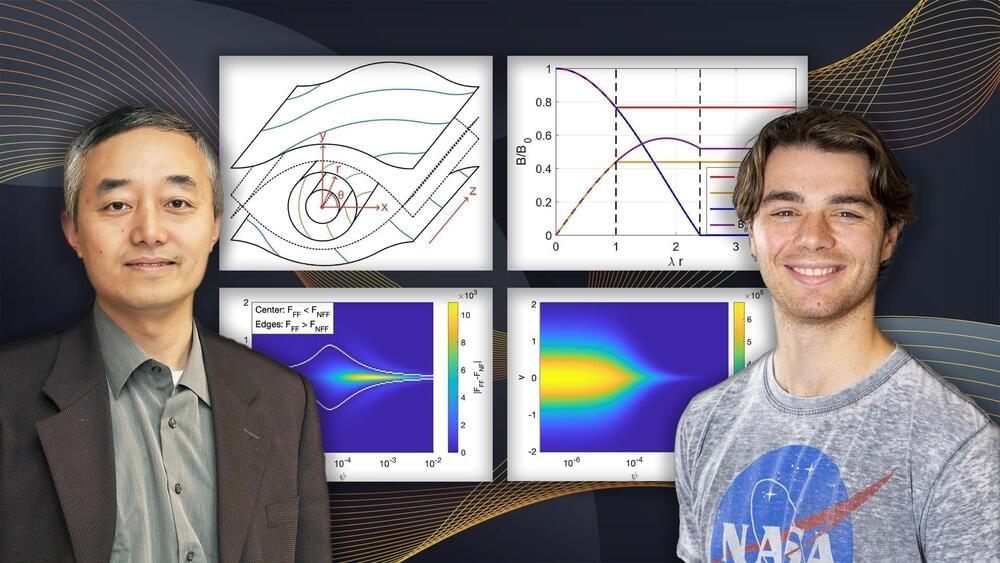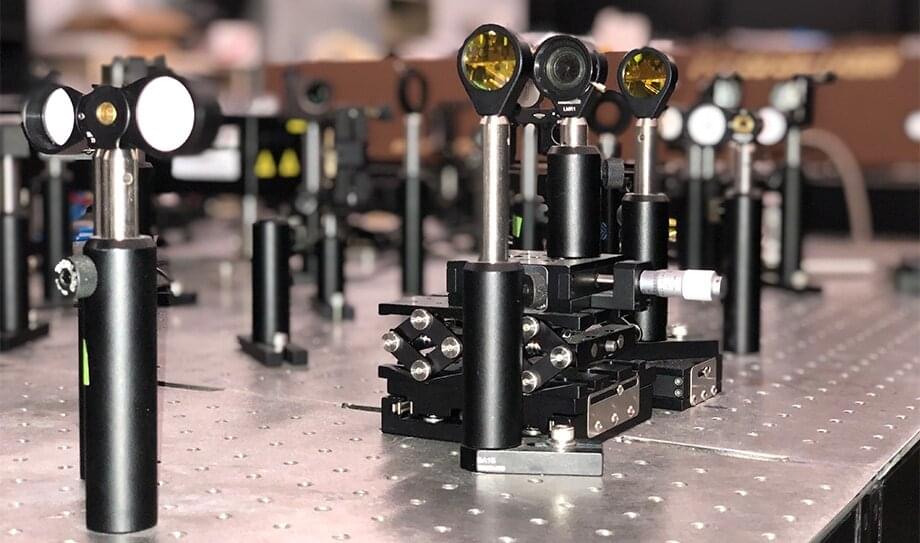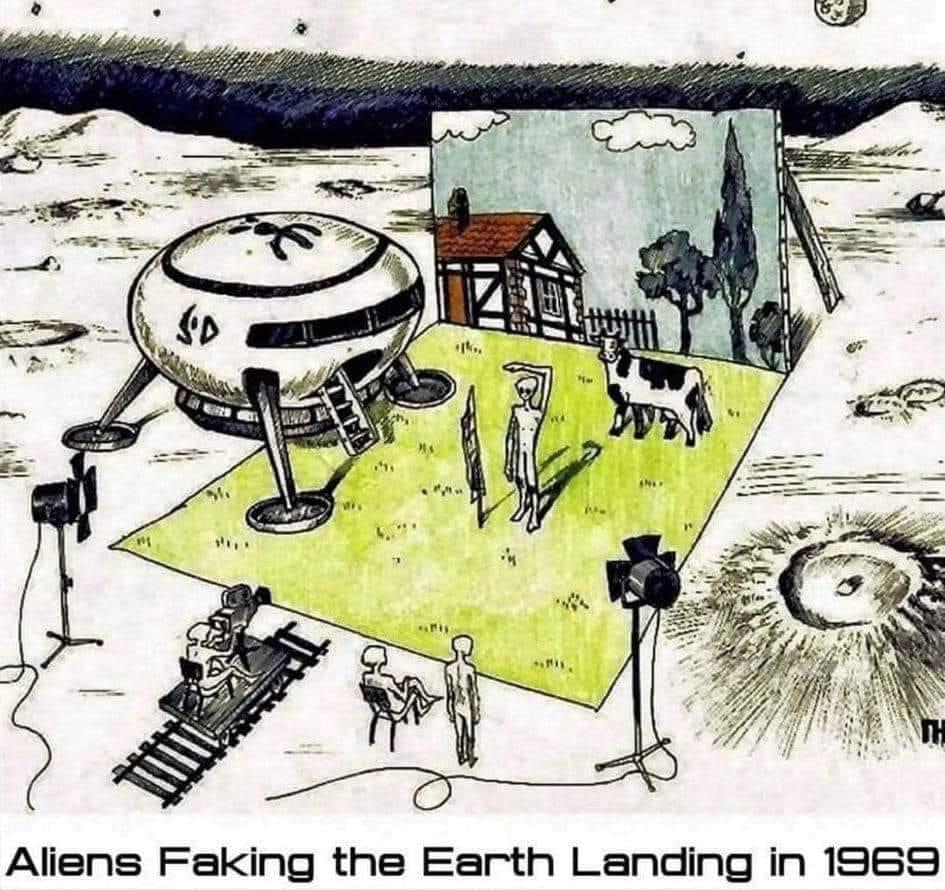I’ll have what Elon Musk is having.
The revolutionary device could be implanted in human subjects by the end of this year, and some experts believe it could completely revolutionise human sexuality dailystar.

For children suffering from rare diseases, it usually takes years to receive a diagnosis. This “diagnostic odyssey” is filled with multiple referrals and a barrage of tests, seeking to uncover the root cause behind mysterious and debilitating symptoms.
A new speed record in DNA sequencing may soon help families more quickly find answers to difficult and life-altering questions.
In just 7 hours, 18 minutes, a team of researchers at Stanford Medicine went from collecting a blood sample to offering a disease diagnosis. This unprecedented turnaround time is the result of ultra-rapid DNA sequencing technology paired with massive cloud storage and computing. This improved method of diagnosing diseases allows researchers to discover previously undocumented sources of genetic diseases, shining new light on the 6 billion letters in the human genome.

Neuralink, the startup cofounded and run by Elon Musk that hopes to implant computer chips in people’s brains, may have misled federal securities regulators about the billionaire entrepreneur’s role at the company.
That’s according to government documents and Fortune interviews with securities lawyers and a half-dozen former employees of the company. The employees mostly spoke anonymously out of concern for violating nondisclosure agreements and possible retaliation from Musk.
The episode involves a 2018 letter in which an attorney representing Neuralink downplayed Musk’s leadership role at the company in a letter to the Securities and Exchange Commission. The attorney’s characterization contradicts former employees’ accounts, which depict Musk as very much in charge. Neuralink and the attorney involved in the filing did not respond to requests for comment. lawyer for Neuralink told the SEC that Musk had “no executive or management role” at the company. Former employees say that’s far from the truth.

ASUS Thor PSU won’t supply 600W of power through PCIe Gen5 connector ASUS’s first PCIe Gen5 power supplies won’t be 100% compliant with the new standard.
Earlier this week it was discovered that the ASUS 12-pin cable which is supposedly the Gen5 Ready, is actually the same cable that NVIDIA ships for its GeForce RTX 30 Founders Edition graphics cards. However, there is a small twist to this story.
It appears that we might finally know the difference between the PCIe Gen5 12-pin power cable and the 12+4-pin version. The latter is the full spec cable offering 12 pins alongside special 4 data signal paths. Those data pins are required to be fully compliant with the PCI-SIG’s “12VHPWR High Power Connector (H+)” standard, the supposed new high-power connector for next-gen GPUs.
In order to supply more than 450W of power, the cable must have one of those signals grounded. Since ASUS Thor PSUs only have 12-pin cable and the company has confirmed earlier it ‘pipes up to 600W of power’, then this signal must have been internally grounded.

Researchers at the U.S. Department of Energy’s (DOE) Princeton Plasma Physics Laboratory (PPPL) have gained insight into a fundamental process found throughout the universe. They discovered that the magnetic fields threading through plasma, the charged state of matter composed of free electrons and atomic nuclei, can affect the coming together and violent snapping apart of the plasma’s magnetic field lines. This insight could help scientists predict the occurrence of coronal mass ejections, enormous burps of plasma from the sun that could threaten satellites and electrical grids on Earth.
The scientists focused on the role of guide fields, magnetic fields threading through plasma blobs, or chunks, known as plasmoids. The guide fields add rigidity to the system and ultimately affect the ratio of large plasmoids to small ones and help determine how much reconnection occurs.
Plasmoid reconnection resembles the parallel computing that occurs in smart phones or in high-powered computers that model the weather. During this computing, many processors are calculating simultaneously and making the overall calculation rate quicker. Similarly, plasmoids speed up the overall rate of reconnection by making it occur in many places at once.

A hundred years of physics tells us that collective atomic vibrations, called phonons, can behave like particles or waves. When they hit an interface between two materials, they can bounce off like a tennis ball. If the materials are thin and repeating, as in a superlattice, the phonons can jump between successive materials.
Now there is definitive, experimental proof that at the nanoscale, the notion of multiple thin materials with distinct vibrations no longer holds. If the materials are thin, their atoms arrange identically, so that their vibrations are similar and present everywhere. Such structural and vibrational coherency opens new avenues in materials design, which will lead to more energy efficient, low-power devices, novel material solutions to recycle and convert waste heat to electricity, and new ways to manipulate light with heat for advanced computing to power 6G wireless communication.
The discovery emerged from a long-term collaboration of scientists and engineers at seven universities and two U.S. Department of Energy national laboratories. Their paper, “Emergent Interface Vibrational Structure of Oxide Superlattices,” was published January 26 in Nature.

Texas Instruments revealed plans Thursday to invest $3.5 billion annually in its U.S. semiconductor chip manufacturing through 2025 as manufacturers face a global shortage of the tech necessary for an increasing number of goods.
The near-term investment figure marks a considerable uptick from the company’s capital expenditures in recent years. And from 2026 to 2030, the company said, it will continue investing in its manufacturing to the tune of 10% of annual revenue.
“It is increasingly clear that the secular growth of semiconductor content will continue for at least another 10 to 15 years,” the Dallas-based chipmaker’s chief executive, Rafael Lizardi, told analysts and investors during a presentation.
E verything is Code. Immersive [self-]simulacra. We all are waves on the surface of eternal ocean of pure, vibrant consciousness in motion, self-referential creative divine force expressing oneself in an exhaustible variety of forms and patterns throughout the multiverse of universes. “I am” the Alpha, Theta & Omega – the ultimate self-causation, self-reflection and self-manifestation instantiated by mathematical codes and projective fractal geometry.
In my new volume of The Cybernetic Theory of Mind series – The Omega Singularity: Universal Mind & The Fractal Multiverse – we discuss a number of perspectives on quantum cosmology, computational physics, theosophy and eschatology. How could dimensionality be transcended yet again? What is the fractal multiverse? Is our universe a “metaverse” in a universe up? What is the ultimate destiny of our universe? Why does it matter to us? What is the Omega Singularity?

